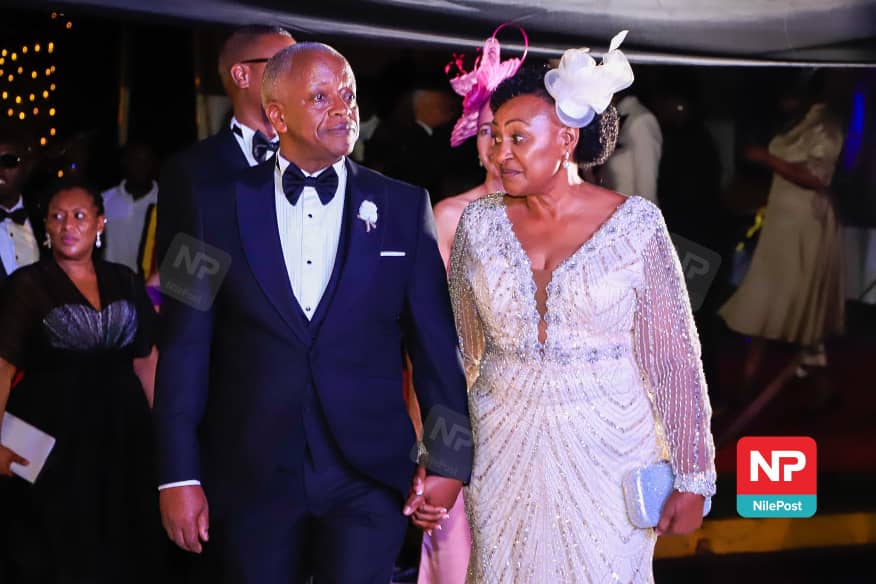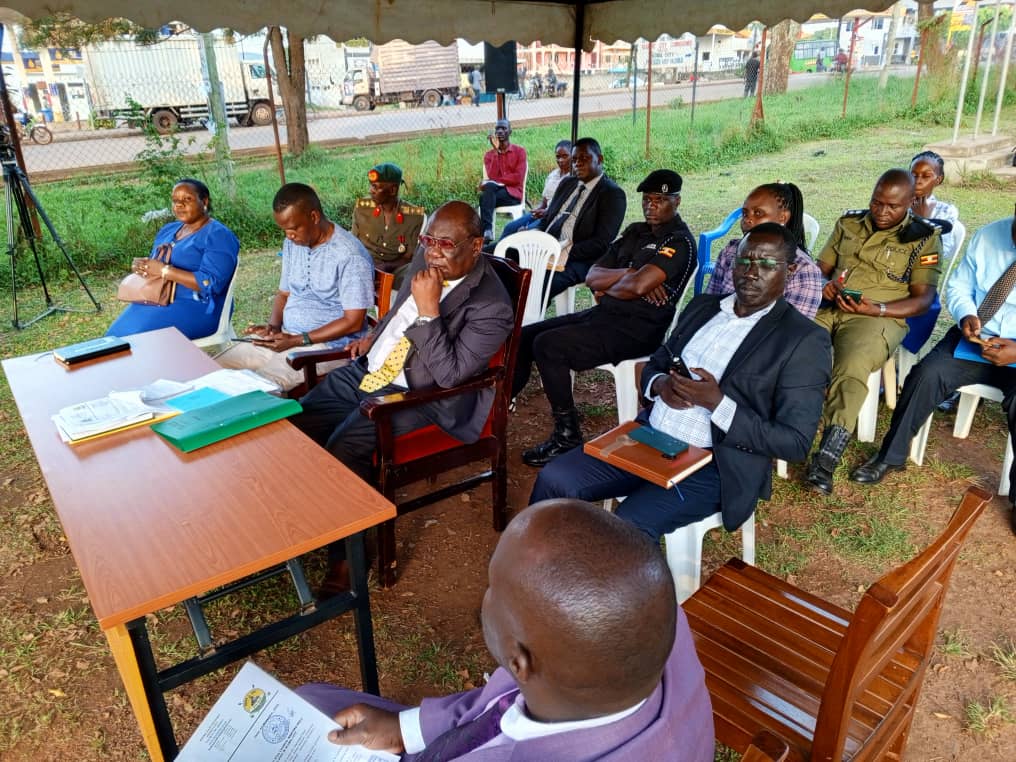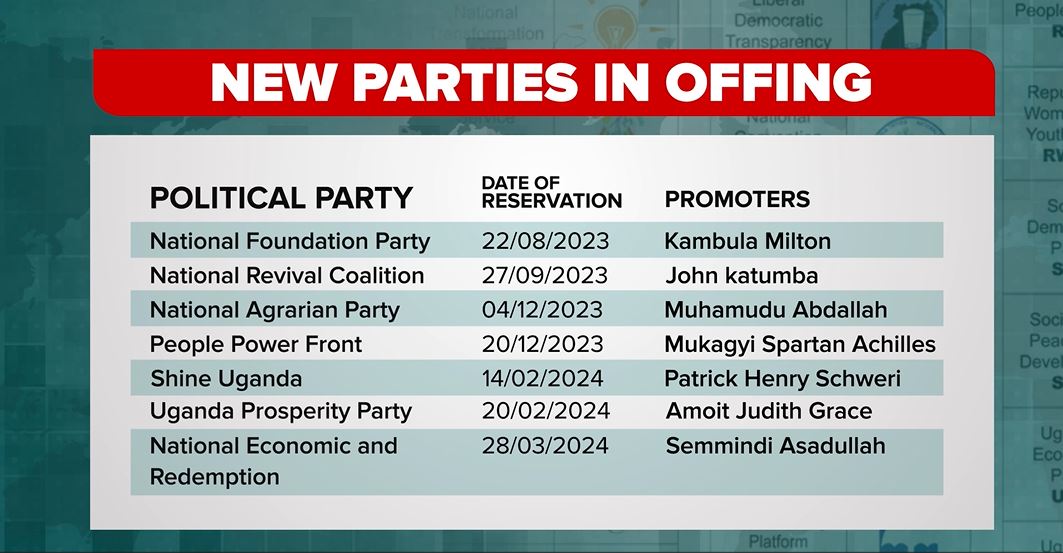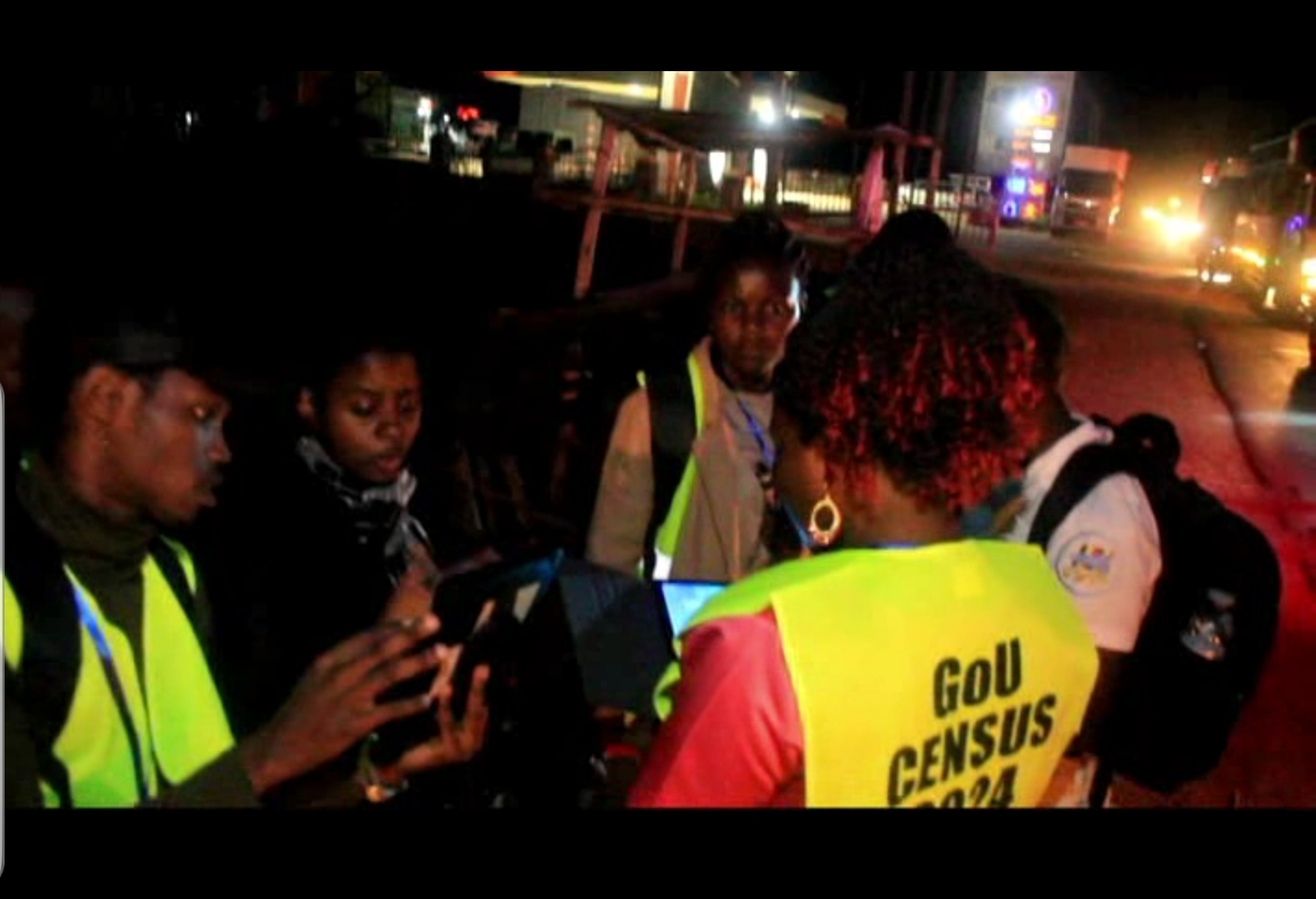How the Supreme Court has desecrated the Constitution
SAM MAYANJA
Keep Reading
It all started with the filing of the Presidential election petition No. 01 of 2016, Amama Mbabazi Versus Yoweri Kaguta Museveni, Electoral Commission and the Attorney General.
Certain individuals saw an opportunity to push their agenda for electoral reform using the strategy of amicus curiae (friend of court) brief.
Thus as friends of court, they succeeded to convert their Election Reform Agenda as neutral third party into a court decision which came out in the form of the Supreme court ten recommendations/orders which had to be implemented by both the Executive and Legislature within a period of two years and report back to the Supreme court that the implementation had been effected.
In the recently concluded Civil Application No. 5 of 2019, court gave a further six months to both the Executive and Legislature to implement the courts orders/recommendations or else face civil contempt of Court proceedings.
The power of the court in cases of contempt is its discretion to follow any failure to comply with sanctions including imprisonment of the culprit.
In the civil application No. 5 of 2019, failure of the Attorney General to implement the court imposed recommendations shall invite civil contempt of court proceedings against him either personally or officially.
It should be noted that the Supreme Court order was for the Attorney General to follow up the implementation with both the Legislature and Executive arms of government.
Therefore, any civil contempt of court proceedings are proceedings against the two arms of government where the Attorney General is simply following up implementation.
Consequently, the orders to arrest in case of successful civil contempt of court would lie not to the Attorney General, but to the Head of the Executive who is the President of The Republic of Uganda and the Head of the Legislature who is the Speaker of Parliament.
It is obvious therefore, that the judicial branch has set itself out into a constitutional clash with the other two branches of government.
Constitutionally, any of the branches of government that exceeds the powers granted to it by the constitution does so improperly and is constitutionally guilty of exceeding its powers.
What is on our hands, is the curious scenario where the judicial organ of government is ordering the executive and legislative organs to enforce electoral policy reforms which came before court, by way of an amicus curiae brief.
In a multiparty democracy, like Uganda, matters of Policy, like the current electoral reform policy decided on by the Supreme Court, go through a political process which usually starts with the political party organs through to party Parliamentary caucuses, to cabinet, to Parliament through a bill, through Parliamentary appropriate sectoral committees and finally voted on in a Parliamentary plenary to become an Act.
It is therefore clear that for the judicial branch to order the other two branches to implement policy issues pauses a constitutional crisis.
The essence of democracy involves two concepts, namely; citizen participation in government and accountability. Both elements are lacking in judicial orders concerning policy matters or policy making processes.
Thus the framers of the constitution knew that it would be dangerous to permit unaccountable officials in the name of a judicial organ to shape Public policy.
What the Supreme court has however done was not only to judge policy but also to supervise the implementation of its judgement by ordering the policy makers to come up with solutions and report back to the court within a specific time frame.
These orders of court have placed the judicial organ of government in a position of playing a supervisory role in ensuring state compliance with the order.
The judicial branch has taken it upon itself not only to superintend over the executive and legislative branch of government but also to interfere with the work of the executive and legislative branches of government.
The role of the judiciary has been given by our constitution to end at passing its judgement but is at liberty to make recommendations only to the extent of establishing a relationship of collaboration between the legislature and the executive in bringing its skills to bear in problems submitted to it by amicus curiae.
Passing a judgement and continuing to supervise its implementation puts the status of that judgment into question.
It could be viewed as “a part judgement” or “an interim judgement” pending the supervisory exercise by the judicial arm still underway.
Public confidence in the judiciary is maintained through the use of symbols like wigs, elevated benches, and scales of Justice etc, giving the myth that judicial decisions are neutral and objective.
The judicial orders in the case at hand has challenged this myth where the supreme court has made orders to the Executive and Legislative and follow up the implementation of those orders by requiring continuous reporting to court.
The framers of our constitution, were aware that the judges were to derive the legitimacy of judicial decisions on an assumed perception that judges are independent, and non political.
That they are not committed to any political party or any ideology conversed by one or more of political parties in the country.
This is currently not the case as the public is keenly aware of the political backing of the Judges on the bench.
Any pretence at the neutrality of judgements, is exposed when the judiciary usurps the functions constitutionally allotted to the other organs of government and Judges get actively involved in the formulation and implement of policy decisions, actively supervising the implementation of those decisions with the pain of civil contempt of court proceedings being visited on the legislature and the executive for non compliance.
When courts make decisions that have implications on politics, the judges are conceived as politicised and they become political candidates.
It becomes difficult for court to justify the legitimacy of their actions when they become involved in policy making.
Judicial power does not include authority to formulate and interpret public policy.
Public policy formulation is a task that courts are ill-suited to perform.
When the judiciary strays into the policy making arena, and not only make orders as to their implementation, but also include a post-judgement supervision order – supervising both the legislature and the executive, the red line has been crossed.
The three branches of government should work together with no one branch destroying the other and avoid the desecration of the constitution.
The alternative is a dangerous scenario reminiscent of a Nigerian mischievous bird which challenged its personal god to a wrestling contest – with everybody trembling and praying that the match does not happen – it would be pyrrhic.
The author is a Senior Partner, Kampala Associated Advocates (KAA).
Email: smayanja@kaa.co.ug
Website: www.kaa.co.ug


















